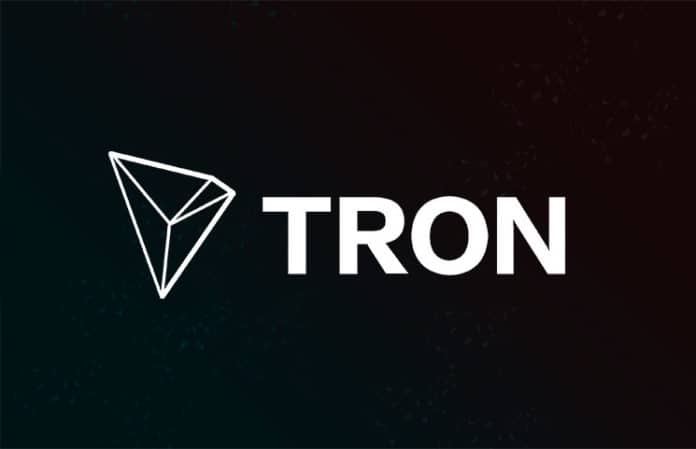2018-8-28 19:48 |
The Info-Publishing Sector And Blockchain Based DRM Technology
Blockchain is fast becoming very popular, with many industries seeking to build blockchain solutions that will solve their unique problems.
One of these is the info publishing sector, which focuses on the creation of information products, ebooks and digital content formats. Of particular importance are the companies that are looking to use blockchain in the implementation of certain ideas.
These companies are attempting to see if blockchain can be applied to ebooks and more importantly, impress consumers and readers.
Two publishing companies are currently testing this out. One in Montreal named Scenarex and another in Latvia named Publica. The latter already has its own blockchain product launched, while Scenarex will be launching theirs in September 2018.
To observers, these two companies are serving as “lab rats” designed to test if the system works. If it does, we can expect to see more information publishing outfits jumping on the blockchain bandwagon, and creating similar, if not even more advanced solutions that will please bot the readers and authors.
The digital publishing sector has been awash with ideas that blockchain can help solve some of the problems plaguing the industry. This is not surprising seeing as lateral industries have started adopting blockchain tech to solve some of their own problems.
In fact, the music industry has seen blockchain solutions targeted at royalty processing and right management solutions.
But in the publishing sector, blockchain is aimed at providing tracking solutions that will help ascertain who bought what title. This will be done through the use of a token that will be attached to your copy of the ebook –think of it as your personal tag or ownership rights.
Whenever you decide to sell the book or lend it to someone else, the digital token that was associated with the file, will then be transferred to them and include the new owners’ details. This way, it’ll be easy to track how many people have your particular copy, thanks to the trail of ownership it will leave behind.
As we speak, some ebook platforms already have something similar in place. For instance, the Noble NOOK and Amazon Kindle services allow users to lend others their books for a specific number of days, after which the titles won’t be available to them anymore unless they buy.
The major problem with this is that these platforms are selective of the books they allow users to lend to others. As a matter of fact, many ebook platforms do not allow users to resell their own ebook copies to others.
With the blockchain solutions therefore, users will actually own their eBooks in a manner similar to buying physical copies. This way, the copies and their rights can be transferrable in pretty much the same way as physical books.
The Conundrum Of Book RightsThis is coming in the wake of questions about whether eBook buyers actually own their copies. Whenever you buy an eBook, it often comes with a service agreement, which can often be limiting and clearly states that your titles are non-transferrable.
Yet, this is in contrast with physical copies that can be transferred because of the rights associated with them. With the eBooks and digital files, their license agreement often state that you cannot successfully “alienate” or transfer your titles to others.
This has been frustrating for many users who just want to be able to read their favorite eBooks and give them away to others. The good news is there are many digital files that allow for this kind of activity.
You can buy a copy and send them to as many friends as possible for free or for a fee –of course, this will probably mean breaching several piracy laws. The key however is not to get caught. These files are often called DRM-free files.
The files that are very limiting in their transference scope often have DRM. This prevents users from sharing those files because of their encryption, and their tendency to “call home”.
For many of these files, every time they are opened, the encryption tech gets in touch with the publisher’s remote server, which then unlocks the book, and often limits the file’s usage to a number of people.
So, if too many unlocking attempts were to occur at once, that file’s license can be withdrawn, and the user penalized for attempting to share the eBook.
What Blockchain Startups Want To DoThese are focusing on improving user rights so that buyers and readers actually own their books, just like they own hard copies. With two key processes at play –lack of centralized regulation and immutability- readers would actually own the copies of their eBooks.
With this digital ownership at play, they can actually do whatever they want with those books. Users will be able to sell or lend people their books voluntarily, without any entity interfering in the process.
This will make the process peer to peer eBook lending easy and seamless. Of course, it will most likely integrate the DRM technology or something similar as this will help limit and curb piracy.
After all, you don’t want to find your particular copy being shared across the internet –remember that every time the license is transferred, it is recorded on the blockchain. This will help with usage rights, transference rights and so much more.
More importantly, it will protect you from potential piracy lawsuits. Imagine if an author could trace the originating source of a potential piracy incident to you. Blockchain can help them do this, thus exposing you to possible legal problems.
Is Digital File Ownership A Real Issue?As great as blockchain based DRM type encryption sounds, there’s the real question of whether readers themselves care about eBook ownership. This is a valid concern particularly when you consider that more people are used to a DRM-free system.
If the popularity of streaming services like Soundcloud, Spotify and others is anything to go by, it appears people don’t really care about ownership; just availability whenever they want it.
Of course, we can argue that eBooks are quite different from music, videos and other media entertainment options. But still, the question remains if people really care about document restrictions and the like. With more countries moving away from DRM encrypted eBooks, this is a valid concern.
ConclusionThe Bookchain and Publica blockchain initiatives are great and have a solid base to work from. They are both dependent on smart contracts to execute and enforce predetermined rules.
The major issue if there will be a massive adoption of this technology among both readers and authors. We’ll just have to wait and see how that plays out in the near future. Till then, fingers crossed on how it all plays out.
origin »Bitcoin price in Telegram @btc_price_every_hour
High Performance Blockchain (HPB) íà Currencies.ru
|
|




















